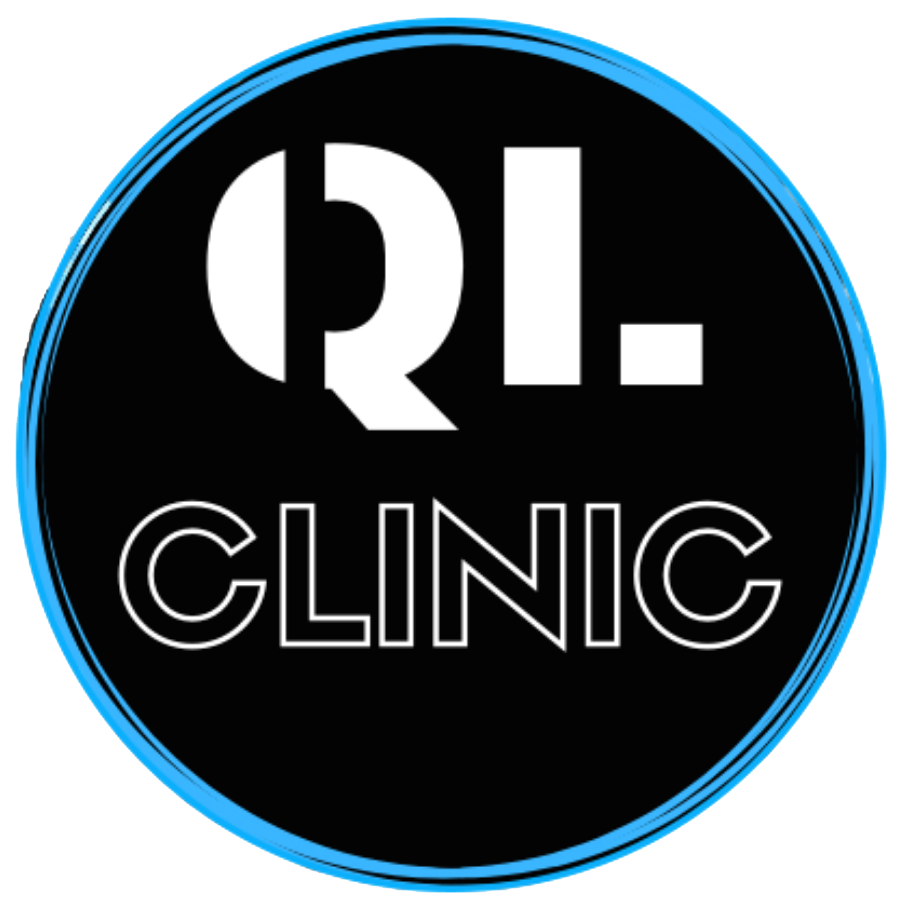 The truth is that there is no need to doubt the involvement of parents. Ellos lo intentan hacer lo mejor que pueden cuando comienzan este nuevo camino lleno de dudas e incertidumbres combinadas con un bombardeo de consejos familiares sobre cuál es el mejor modo de que coman, duerman, tomen bien el pecho y un largo etcétera.
The truth is that there is no need to doubt the involvement of parents. Ellos lo intentan hacer lo mejor que pueden cuando comienzan este nuevo camino lleno de dudas e incertidumbres combinadas con un bombardeo de consejos familiares sobre cuál es el mejor modo de que coman, duerman, tomen bien el pecho y un largo etcétera.
Primera prueba a superar, lactancia materna
Es sin duda la opción más saludable para el bebé. Y por muy conseguidas que estén las leches artificiales actuales, nada va a sustituir adecuadamente la composición de la leche materna. Seas fumadora, bebedora, comas mal, tengas medicación (habría que tener en cuenta horarios de tomas y tipo de medicación) o alguna patología. La composición de inmunoglobulinas es única.
Además la lactancia no es solo un tipo de alimentación, sino que se trata de un vínculo emocional y corporal que todo mamífero sobre la faz de la tierra tiene con las crías, un momento especial entre madre e hijo en el que aumenta la unión y complicidad entre ellos. Y esto, es impagable.
La decisión es totalmente libre pero teniendo en cuenta las numerosas evidencias demostradas sobre las desventajas de no amamantar recopiladas por la Asociación Española de Pediatría, yo no dudaría en la elección. Detallo aquí lo concluido por el comité sobre riesgos de problemas de salud en niños no amamantados:
Muerte súbita del lactante y de muerte durante el primer año de vida, infecciones gastrointestinales, respiratorias y urinarias y de que estas sean más graves y ocasionen ingresos hospitalarios.
A largo plazo, más frecuencia dermatitis atópica, alergia, asma, enfermedad celíaca, enfermedad inflamatoria intestinal, obesidad, Diabetes Mellitus, esclerosis múltiple y cáncer.
Las niñas con mayor riesgo de cáncer de mama en la edad adulta, hiperactividad, ansiedad y depresión, así como de sufrir maltrato infantil.
En las madres aumenta el riesgo de padecer hemorragia postparto, fractura de columna y de cadera en la edad postmenopáusica, cáncer de ovario, cáncer de útero, artritis reumatoide, enfermedad cardiovascular, hipertensión, ansiedad y depresión.
La alimentación con leche materna debería ser exclusiva hasta el sexto mes. No dudes de si será lo suficiente, pues la composición va variando conforme pasan los meses y se adecúa a las necesidades del bebé. Segunda prueba, qué y cómo introducir alimentos
Segunda prueba, qué y cómo introducir alimentos
Lo más común es añadir uno a uno alimentos sobre todo en forma líquida, como en cereales en polvo con leche, puré de verduras o frutas, sopitas… Con esta opción el niño no aprende a masticar e impedimos que descubra nuevas texturas de aquellos alimentos incorporados.
Baby led weaning
Cada vez más madres ofrecen nuevos alimentos a sus bebés troceados, machacados, con textura blanda, para que él mismo vaya comiendo con las manos y pueda decidir cuánto y qué comer. De este modo el niño es más independiente. No identifica el acto de comer como una obligación. Puede tocar y disfrutar nuevas texturas de alimentos como si de un juego se tratara creando desde peques un ambiente positivo frente a la mesa.
En la responsabilidad de los papis estará ofrecer alimentos reales, presentes en la naturaleza. Cero procesados. Uno a uno al principio para ir observando posibles alergias. El orden no es muy relevante. Mejor evitar los alimentos más duros y aquellos más alérgenos. Dejar al niño trastear con la comida pero estar presente mientras come para ayudar. Son trozos pequeños. El riesgo de atragantarse es mínimo. Además los padres se liberan del momento de “potito y cuchara”.
¿Y si no come lo suficiente? Es lógico pensarlo, pero los mecanismos de hambre y saciedad en el niño están muy agudizados. Si necesita comer va a pedirlo de algún modo. Y cuando quiere parar de comer, no es conveniente obligarlo a terminar, sus necesidades están ya cubiertas. Si forzamos, estaremos sobrealimentando desde peques, y esto aumenta las posibilidades de sufrir sobrepeso en la edad adulta.
Ultimately, sentido común, buenos alimentos y dar libertad de decisión sobre qué y cuanto comer.
Anabella Lara
Dietitian-Nutritionist. Col. Nº AND 00445
(Consultation at QL CLINIC)
@alaranutricion


QL Clinic Physiotherapy is a center where quality, professionalism, Individual treatment and multidisciplinarity are our hallmarks.
QL CLINIC © Web design and development EME Digital